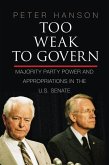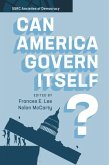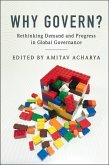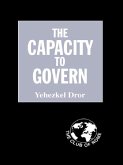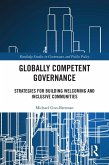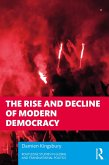How, practically speaking, is the Chinese polity - as immense and fissured as it has now become - actually being governed today? Some analysts highlight signs of 'progress' in the direction of more liberal, open, and responsive rule. Others dwell instead on the many remaining 'obstacles' to a hoped-for democratic transition. Drawing together cutting-edge research from an international panel of experts, this volume argues that both those approaches rest upon too starkly drawn distinctions between democratic and non-democratic 'regime types', and concentrate too narrowly on institutions as opposed to practices. The prevailing analytical focus on adaptive and resilient authoritarianism - a neo-institutionalist concept - fails to capture what are often cross-cutting currents in ongoing processes of political change. Illuminating a vibrant repertoire of power practices employed in governing China today, these authors advance instead a more fluid, open-ended conceptual approach that privileges nimbleness, mutability, and receptivity to institutional and procedural invention and evolution.
Dieser Download kann aus rechtlichen Gründen nur mit Rechnungsadresse in A, B, BG, CY, CZ, D, DK, EW, E, FIN, F, GR, HR, H, IRL, I, LT, L, LR, M, NL, PL, P, R, S, SLO, SK ausgeliefert werden.



